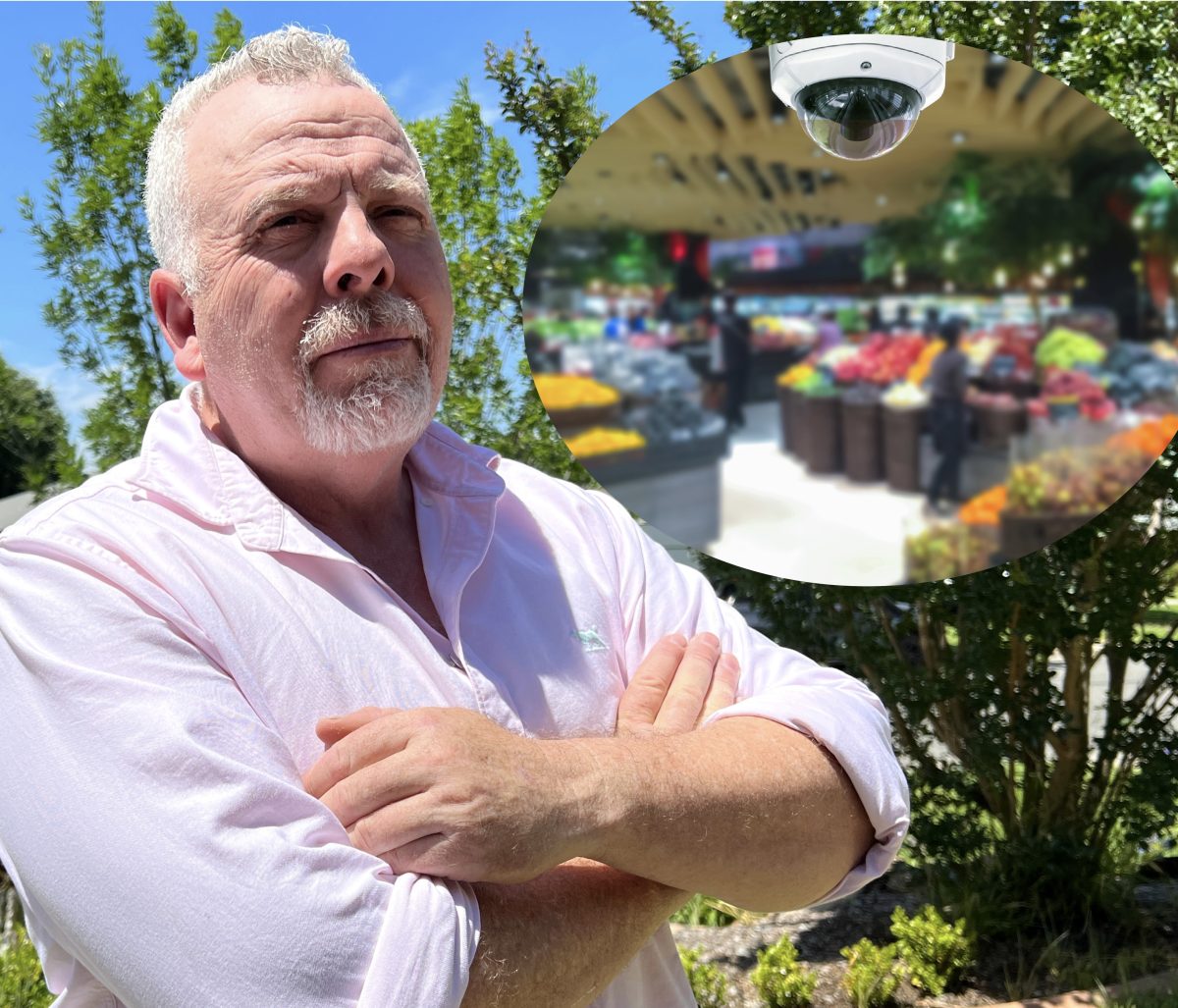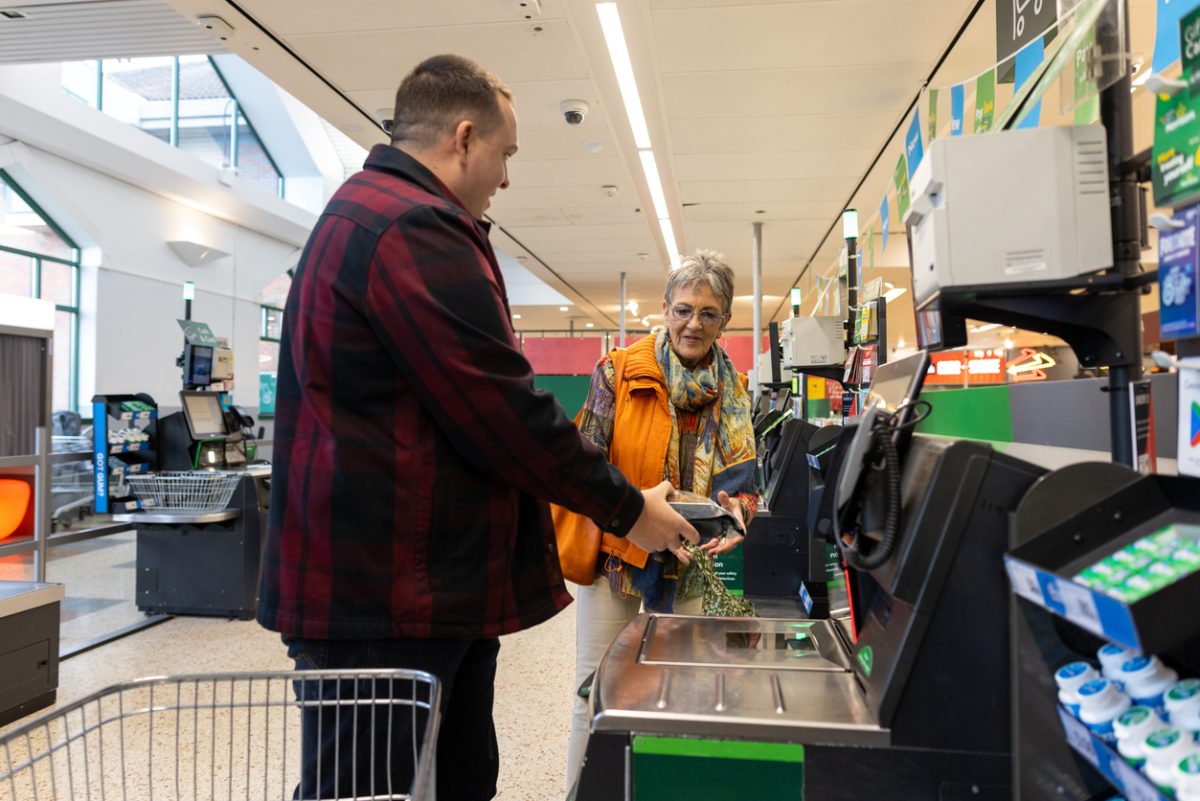
Cr Richard Foley wants protections in place before facial recognition technology becomes more widespread. Photo: Chris Roe.
Do you ever get the feeling that you’re being watched?
The fact is that you almost certainly are, and Wagga councillor Richard Foley is keen to set some boundaries on the use of facial recognition technology (FRT) in the Riverina’s retail environments.
Cr Foley will put forward a Notice of Motion at Monday’s meeting to acknowledge the community’s ethical concerns surrounding the use of FRT and consumer profiling.
“I believe there needs to be a pushback from the local government level, and we need to appeal to state and federal governments and to the Privacy Commissioner to show that we support their attempts to try and wrestle with this matter and get an appropriate outcome,” he said.
“I personally think it’s egregious the way it’s being used at the moment and while we’ve got strict laws around surveillance being used for security purposes and identification for hotels, there’s no strict regulation on the data that’s been collected by these big-box stores.”
Community concerns have risen as major shopping chains have increased the use of cameras and scanners to monitor self-service checkouts. Woolies, Coles and Aldi have all rejected claims that they are using FRT or “electronic imprints” on their customers.
Bunnings, however, was reprimanded this year after the Office of the Australian Information Commissioner (OAIC) ruled that its use of FRT had breached privacy laws.
Retailers argue that the technology is a useful tool for security but privacy advocates warn that data collected now could be sold on for commercial purposes.
“Data is being collected, analysed and used to profile our residents without their full understanding or control,” Cr Foley said.
“With this Notice of Motion, I’m exploring what we could do to ensure stronger consumer protections and transparency.
“If an organisation is using this technology, they should have to have signage up telling you what it is and why it is, and offering you the ability to opt out.”

Australian supermarkets have rejected claims that they are harvesting biometric data through self-serve checkouts. Photo: SolStock.
OAIC research shows that 27 per cent of Australians see FRT as one of the biggest privacy risks we are facing, while just 3 per cent think it’s “fair and reasonable for retailers to require their biometric information when accessing their services”.
In the wake of the Bunnings decision, Privacy Commissioner Carley Kind published a guide to assessing the potential risks of FRT and said retailers needed to carefully consider “whether the benefits gained outweigh the privacy interference”.
“Even though advanced facial recognition technology tools may only involve the retention of personal information for mere milliseconds, they nevertheless amount to a collection of sensitive personal information to which the Privacy Act applies,” she said.
Cr Foley’s motion calls for community concerns to be acknowledged, a report on how the council can address these challenges, and lobbying of the State and Federal governments for stronger consumer protections.
“I’m not against technology. I’m all for it. But let’s explore what we can do to get some type of balance,” he said.
“Surveillance technology can be used to identify people for security reasons, but it shouldn’t be used to profile them and for that data to then be used for potential marketing or financial gain without our authority and consent.”
Original Article published by Chris Roe on Region Riverina.




